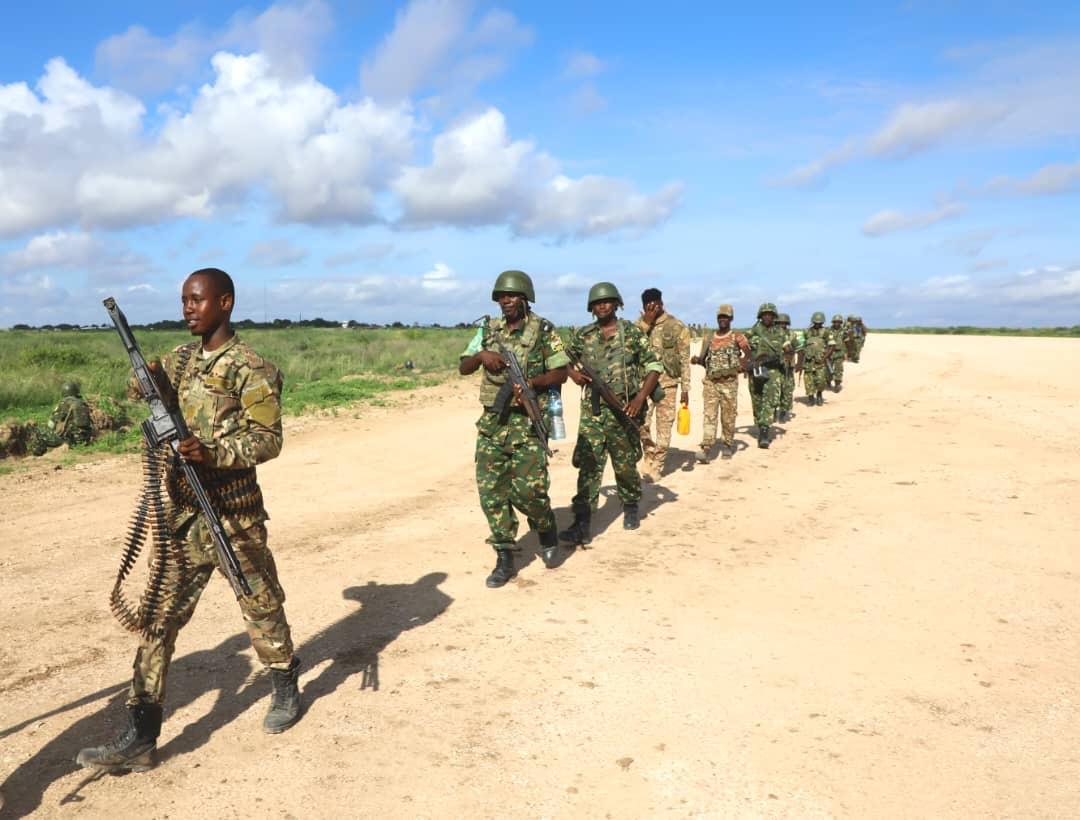
U.S. Urges Europe and Africa to Share Financial Burden of AU Mission in Somalia » Capital News
NAIROBI, Kenya, June 3- The United States has called on its European and African partners to shoulder a greater share of the financial responsibility for the African Union Support and Stabilization Mission in Somalia (AUSSOM).
The appeal comes amid ongoing operational and funding challenges faced by the AU-led mission, which supports Somali forces in combating the Al-Qaeda-linked Al-Shabaab and affiliates of ISIS in Somalia.
Addressing recent claims that the United States had withdrawn its support for the mission, U.S. Senate Foreign Relations Committee Chairman Jim Risch clarified that Washington remains committed to AUSSOM. However, he emphasised the need for a more equitable distribution of costs among international partners.
“The U.S. hasn’t refused to support the AU mission in Somalia—we’re just insisting that Europe and Africa pull their weight,” Senator Risch stated.
The U.S. has long been a leading contributor to global peacekeeping efforts, including in Somalia, where AUSSOM plays a crucial role in counterterrorism and regional stabilisation. But dissatisfaction is growing in Washington over current funding arrangements, particularly under United Nations Security Council Resolution (UNSCR) 2719.
Senator Risch criticised the resolution, arguing it allows other nations to evade their financial responsibilities, placing a disproportionate burden on American taxpayers. “Funding schemes like UNSCR 2719 let others dodge the bill and dump the cost on U.S. taxpayers, while giving the UN a welcome distraction for its own failure,” he said.
In response, Senators Risch, Ted Cruz (R-Texas), and Rick Scott (R-Florida) on Monday introduced the AUSSOM Funding Restriction Act of 2025. The proposed legislation seeks to safeguard U.S. taxpayer money and increase accountability by both the United Nations and the African Union in the management of peacekeeping missions.
Senator Risch insisted that the U.S. will not permit European partners—whom he accused of “looking to skirt their financial commitments”—to shift the funding burden onto American citizens. “We can’t let that stand,” he said. “This bill will prohibit U.S. contributions to AUSSOM under this new funding scheme until the AU and the UN can prove that they are using the funds they have responsibly and prevent Americans from being locked into perpetually funding a broken system.”
Senator Cruz urged his colleagues in the Senate to move quickly on the bill to prevent U.S. funds from being “spent in ways that don’t advance America’s national security interests.” Echoing this, Senator Scott stated, “The United States will not allow our tax dollars to be exploited by the UN while our partners refuse to pay their fair share—much less for a mission that fails to spend these dollars responsibly or transparently.”
While reaffirming support for the AU-led peacekeeping efforts, the U.S. government is facing increased scrutiny at home over its foreign aid commitments. As pressure mounts domestically, Washington is reassessing how international security operations are funded and demanding greater accountability and burden-sharing from its global partners.